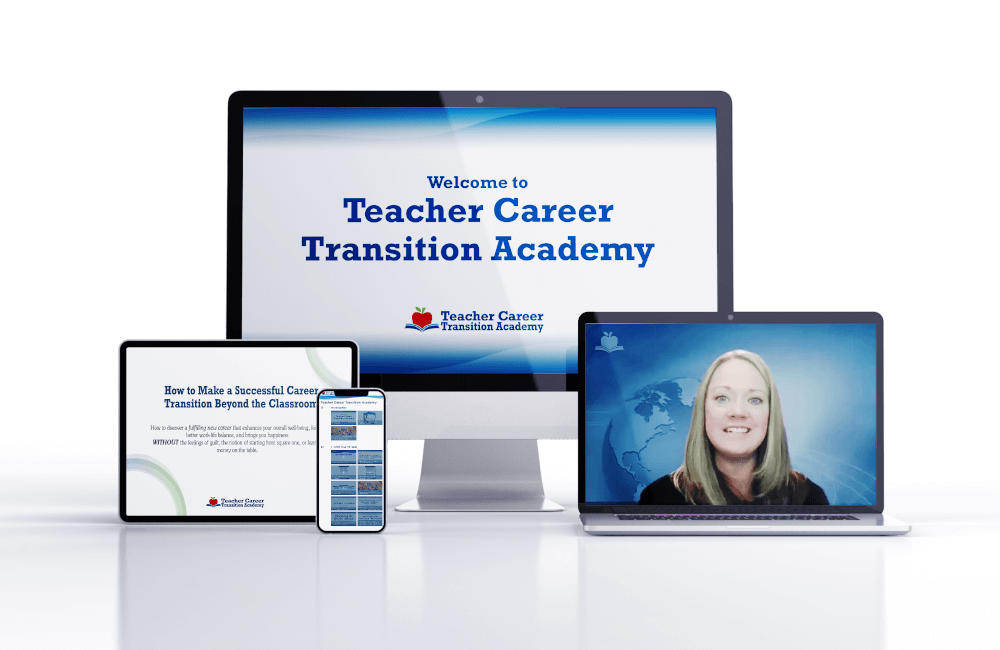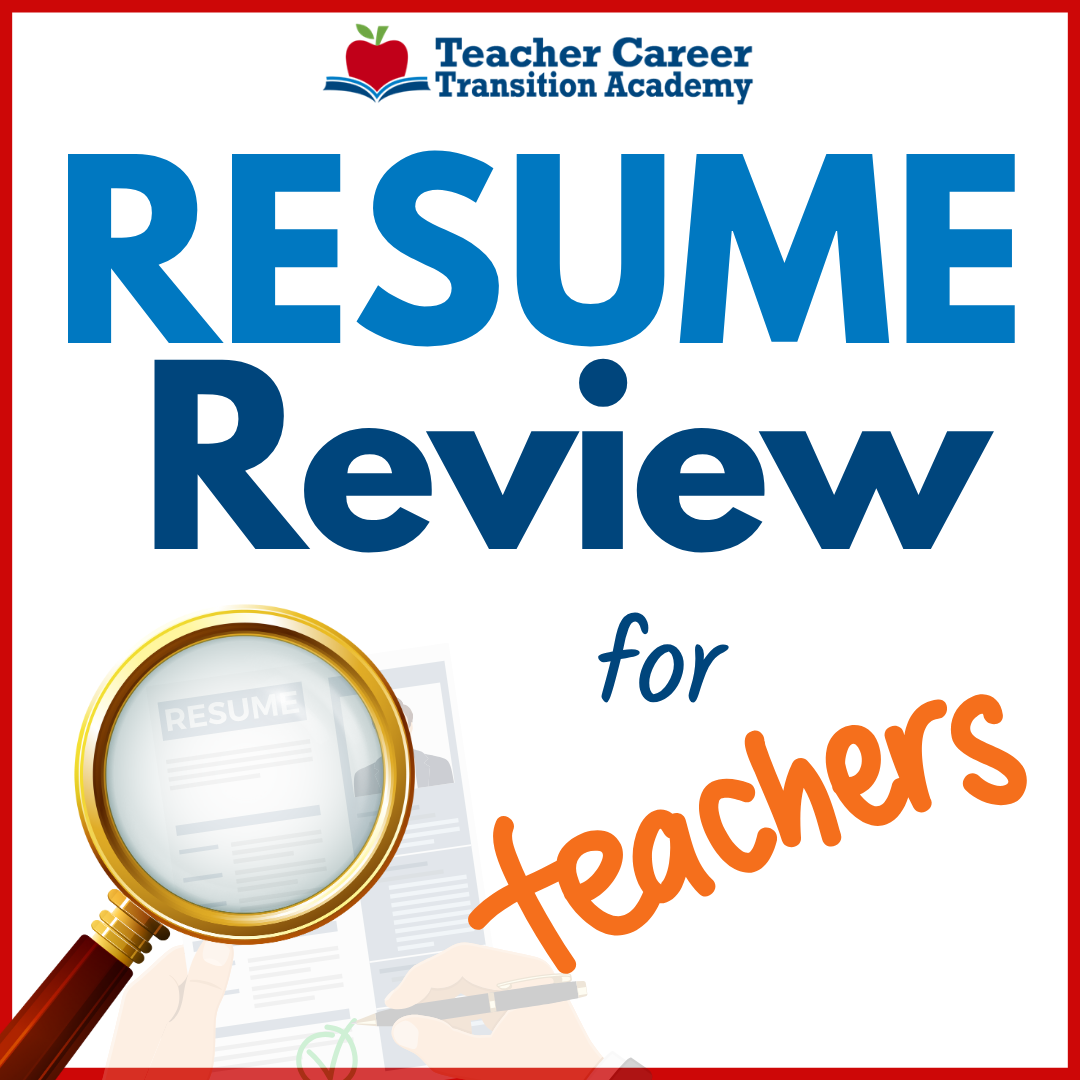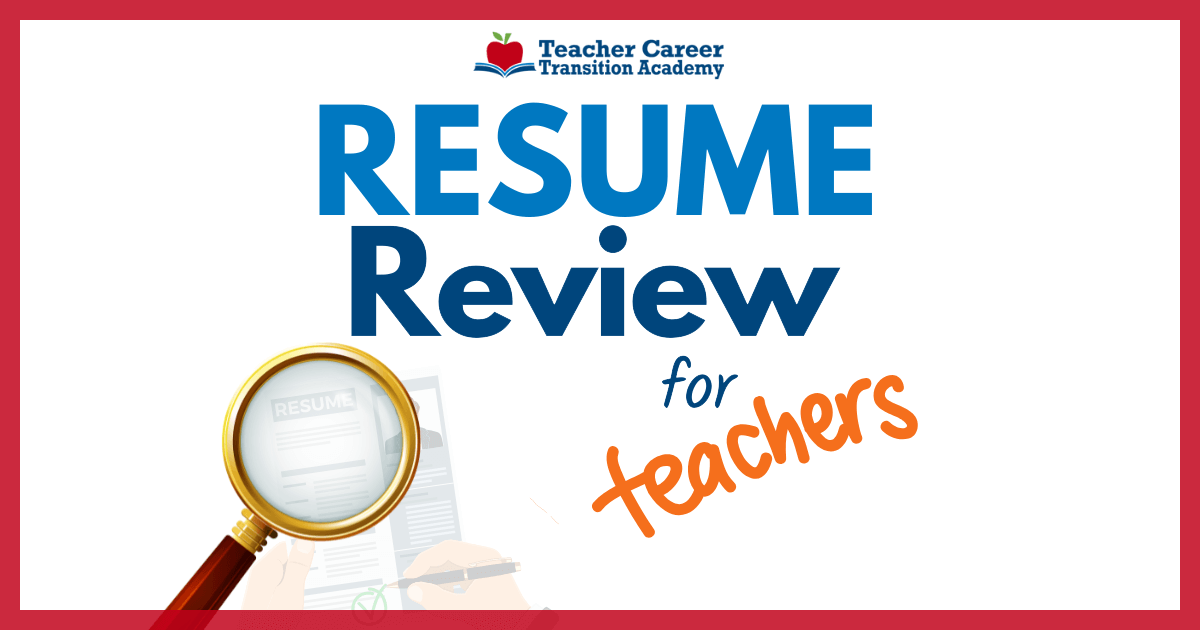
Transitioning careers can be an exciting and transformative journey for teachers seeking new opportunities. One essential aspect of this process is identifying your marketable skills, which may seem challenging at first. In this blog post, we will explore how to recognize and assess your skills effectively. By following a simple process and utilizing skills assessments, you can gain clarity about your strengths and enhance your career transition.
1. Drafting Your Personal Skills List:
Start by creating a Google document titled "Personal Skills List." Begin with a brain dump of all the skills you possess. To further expand this list, analyze job descriptions of roles you are interested in. These descriptions often highlight the specific skills sought by employers. If you find any skills from the job descriptions that align with your own abilities, add them to your list.
2. Utilizing the O*NET Database:
The O*NET database, a U.S. government resource, is an invaluable tool for identifying skills required in various industries and positions. Accessible at any time, this database provides insights into the skills reported by a diverse range of workers in each job. Explore different industries or job categories to gain a better understanding of the skills demanded in your desired field.
3. Seeking Input from Your Personal Board of Directors:
Your personal board of directors consists of trusted individuals who can provide guidance and support during your career transition. When reaching out to them, ask for their input on your strengths and skills. Their perspective can offer valuable insights and help you recognize skills you may not have considered.
4. Studying LinkedIn Profiles:
LinkedIn is a valuable resource for exploring the skills of professionals in roles similar to the ones you aspire to. Search for individuals working in your desired positions and study their profiles. Take note of the skills they have listed and identify any overlapping skills you possess or skills you may want to develop further.
5. Trusting Your Intuition:
Intuition plays a significant role in recognizing your true strengths. Trust yourself and acknowledge the skills you feel confident about. If you know you excel in a particular area, embrace and market that skill. Recognizing your innate abilities and owning them can give you a competitive edge during your career transition.
6. Skills Assessments for Career Exploration:
Skills assessments can be valuable tools during a career change. They help you explore different job options and align them with your strengths. Additionally, skills assessments guide you in highlighting your skills during job interviews. Consider taking assessments such as the DISC Assessment, Clifton Strengths Assessment, O*NET testing and assessment, or the MAP (Motivational Appraisal of Personal Potential) to gain deeper insights into your skills and preferences. Link all of these please
7. Reflecting on Skills Assessments:
If you have taken skills assessments in the past, revisit them to gain fresh perspectives. Reflect on the analysis provided and use it as a reference point during your career transition. Identify areas where you can further develop or maximize your skills. Regularly reviewing your skills assessment results keeps you informed and prepared for interviews and new opportunities.
8. Leveraging Skills Assessment Language in Interviews:
Skills assessments often provide detailed analyses that can be useful during job interviews. Extract key phrases and language from your assessment reports to articulate your strengths and work tendencies. For example, if you are a fast worker, you can explain it as, "My pace of personal operation is faster than that of many people." Use this language to effectively communicate your skills and work style to interviewers.
Identifying your marketable skills is an essential step in transitioning careers as a teacher. By creating a personal skills list, leveraging resources like the O*NET database, seeking input from trusted individuals, studying LinkedIn profiles, and trusting your intuition, you can gain clarity about your strengths and abilities. Additionally, skills assessments provide valuable insights and help you articulate your skills confidently during interviews. Embrace this process of self-discovery and leverage your unique skills to pave the way for a successful career transition. If you haven’t yet, join LearnWorld’s Facebook Group, Teacher Career Transitions (LearnWorld).
About This Post:
This blog post is based on information shared within the Teacher Career Transition Academy. To learn more about this particular topic, refer to the video title “Approaching a Job Interview with Confidence” located within the Teacher Career Transition Academy.





